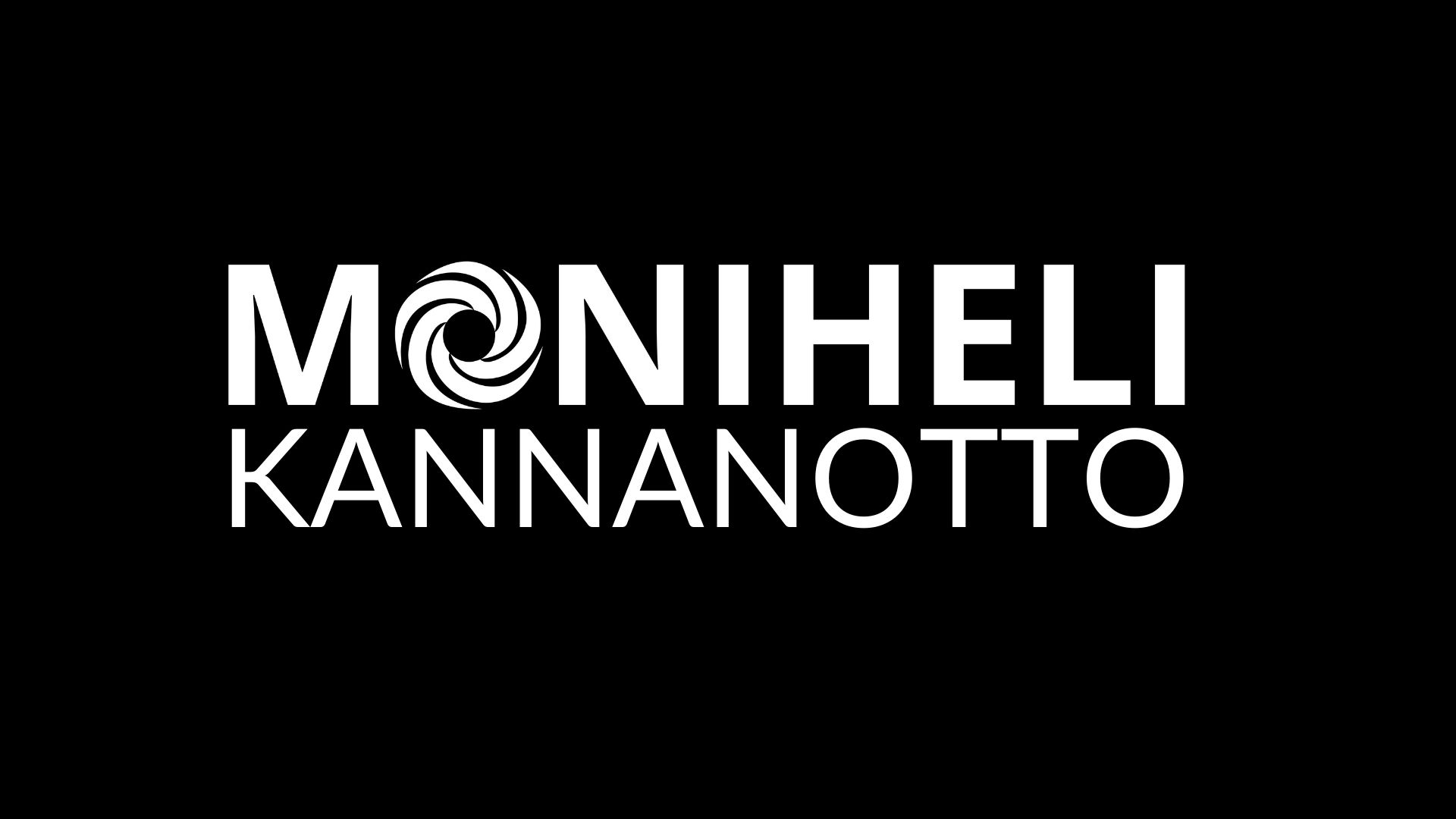Contradiction 1: More cooperation between NGOs and government, but less funding
The role of NGOs is central to a functioning democracy and has become particularly important in integration policies. It is important that the government improves the interaction between government and civil society. We support the government's efforts to lighten the regulatory burden on NGOs and volunteers. However, as the role of NGOs becomes more prominent, a few points need to be taken into account.
The government programme proposes cuts of €100 million in funding for social welfare associations and foundations in 2027. In the face of such cuts, the conditions for planning activities are very weak.
The government programme emphasises prevention, but cuts funding for preventive NGOs. Cooperation with NGOs is planned in areas such as mental health, digital support, food assistance, elderly services, the implementation of the cross-government well-being programme and the delivery of social services. This collaboration will need to be fast-tracked if the government is to deliver before it cuts funding to NGOs by more than 25% in 2027, as the wide-ranging adjustments resulting from these cuts are likely to cripple their ability to deliver other activities.
Contradiction 2: Promoting employment for migrants without tackling the root causes of unemployment
We agree with the Government that the opportunity to be employed in a Finnish-speaking work community is one of the strongest acts of support for integration. It is great that the government is focusing on improving and more closely monitoring the quality and effectiveness of language teaching. However, language learning is most effective outside school. What is a migrant with poor language skills expected to do to support themselves during their language studies? Will the new government be happy with recruiting talent only after a certain level of language proficiency has been reached?
The current situation is that a foreign name alone often prevents progress in the recruitment process, regardless of the language skills of the applicant. The government programme does not explicitly mention discrimination in recruitment and its role in making it difficult for migrants to find employment. Language discrimination in employment should be actively and concretely addressed. It is essential to eradicate language discrimination in employment and to create equal conditions for all those active in the labour market. These measures will help to build an inclusive and equal society in which everyone has the opportunity to succeed and integrate.
Contradiction 3: Finland's attractiveness is promoted by transferring responsibility to the immigrant
According to the Government Programme, "The Government will identify and promote with other actors the factors affecting the retention of labour migration". If this analysis is carried out in consultation with migrants, much of the planned immigration policy could be overhauled. The Finnish country brand is not only managed by Business Finland and other public actors focused on developing the country brand. What immigrants say about Finland to their networks also has a very big impact.
We should not kid ourselves about Finland's attractiveness - while Finland offers nature and security, there are many other countries that are more competitive in terms of people's wages and language skills, and tightening immigration policy will make Finland lose out to other countries as highly skilled foreigners look for jobs. It is important to look at immigration and integration policies holistically and ensure that they are humane, flexible, fair and sustainable.
Moniheli encourages the government and policy makers to take these concerns into account and to pursue immigration and integration policies that promote sustainability, caring and equality. Only by creating an inclusive and people-centred approach can we build a truly strong and caring Finland, where everyone has the opportunity to thrive and feel part of society.
our network's comments on the new government programme:
International Working Women of Finland ry
“IWWOF strongly opposes the government’s proposed immigration policy reform, recognizing that it runs contrary to the findings of the 2023 study conducted by the Etla Economic Research Institute. The study highlights the urgent need to triple immigration rates to stabilize Finland’s working-age population, estimated at approximately 44,000 persons annually. Failure to address this demographic challenge could result in a significant decline in the number of employed individuals, thereby diminishing tax revenues and increasing the burden is healthcare and social services.”
Startup Refugees
"Tighter immigration policies are hampering business growth and labour shortages. The new government fails to see what Startup Refugees knows from experience - refugees and asylum seekers and their families are the international talent that all political parties are calling for. They must be included, not excluded."
Familia ry
"The government programme does not once mention the word racism, even though it is sadly prevalent at many different levels in our society. The effects of racism often run deeper than we think. The experience of racism has a profound impact on a person's well-being, even years after the event. It is therefore important to focus on the prevention of racism and discrimination and anti-racism at all levels of society to promote well-being."
Citizens' Forum
"The government wants to strengthen democracy, inclusion and trust in society. This is precisely our statutory mission, which will be hit hard by the 39% cut. Training to support active citizenship and volunteering will be reduced, the threshold for volunteering for the common good will be raised, the welfare benefits of learning and civic activity will be reduced, and a vibrant and knowledgeable civil society will be eroded."
Globe Art Point
”The creative industries, including the arts and culture sector, have the potential to contribute significantly to a country’s economy. By reducing funding and limiting resources for foreign-born artists and cultural entrepreneurs, the government policy will hinder the growth of the creative industries and diminish the economic opportunities associated with them. This could have a negative impact on Finland’s position in the global cultural and creative economy and Finland’s international reputation as a hub for creativity and cultural innovation.”


